"The study of changes in the organisms cause by modification of gene expression rather than alteration of the genetic code itself." Approximately two years ago I was sitting with some friends at lunch when one of them read me this definition. My buddy had asked if I had ever heard of a field of study called "epigenetics."
"Nope."
I hadn't. And basically wasn't really interested in learning about it to be honest. But he told me he thought I might be interested in the sense that epigenetics may be leading researchers into new realms of study in addressing many of the illnesses that haunt modern humanity.
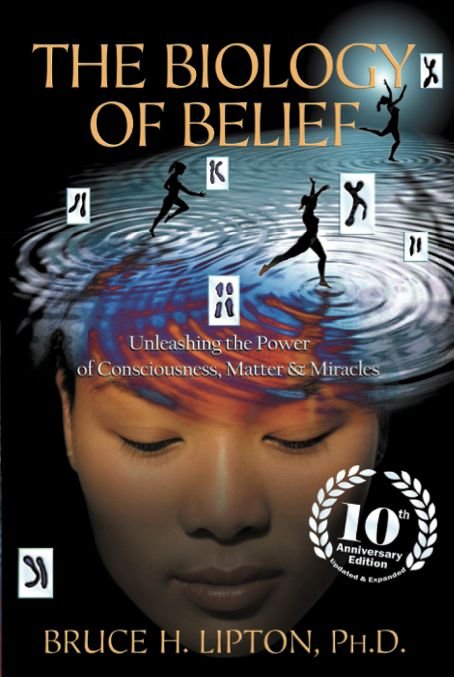
Earlier in my life (and way before I had ever heard of the word epigenetics) I worked as an advocate for children and families, and spent a majority of that time facilitating adoptions for children. This work was probably the most challenging of my entire life. Unfortunately, there are far too many children in our world who have experienced a tremendous amount of abuse. And many of these children would later grow up to follow in their parents paths of substance abuse and/ or mental health issues. Jail was often a common thread among these families.

And then sometimes that didn't happen. Sometimes I would come across a kid who went through what I would consider to be hell, and somehow they make it out and grow to be relatively OK.
It always fascinated me how some kids did well while others didn't. Eventually I had burned out of the work. This is where the friend and I had met. He started to explain the concept of epigenetics to me during one of our conversations on the foster care system and I was expressing my frustration at the difficulty in trying to help others. He brought up this book by Dr. Bruce Lipton. That was about two years ago.
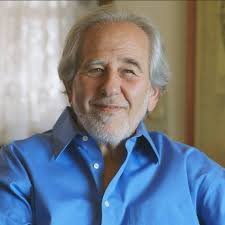
Dr. Bruce Lipton
The Biology of Belief was originally published in 2005. I was reading the 10th anniversary copy which included some new footnotes by the good doctor in response to some of the updates that had occured in the field of epigenetics since its first publishing.
I remember originally picking up this book about two years ago, and realized I had put it down for a reason. Bless his heart, Dr. Lipton's narrative of his early career as a cell biologist at St. George's University were quite interesting, including the moment he had his key insight into the workings of how cell membranes worked, and thus opening up the discourse of this new field of thought.
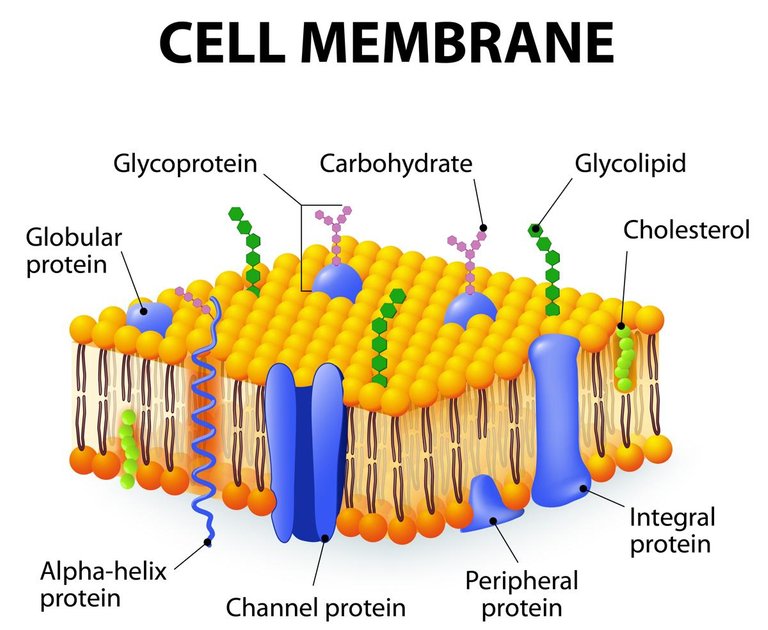
Diagram of cell membrane
His understanding of the relationship between a cell membrane and the exterior environment led to the key insight for Dr. Lipton. It was a concept that turned science on its head. Up that point traditional science had preached and preached about how genes were essentially the dominant factor in life outcomes for people, and it was commonly believed there was litte one could do to modify their behavior or even improve their own health.
Epigentics changes this. Completely.
Up to this point, Charles Darwin's theory (revolutionary in its own right) of evolution and "survival of the fittest" was about to meet its match. Epigenetics argued that sometimes the fittest were simply the fittest because the environment they were raised in allowed for the strongest (or sometimes more athletic or talented) aspects of their natural potential was able to be fulfilled.
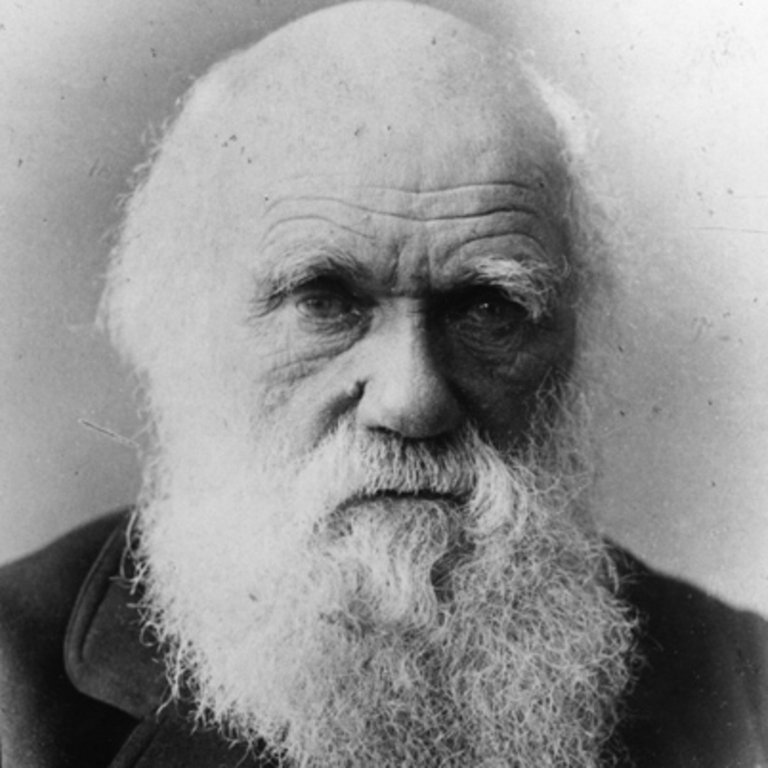
Charles Darwin
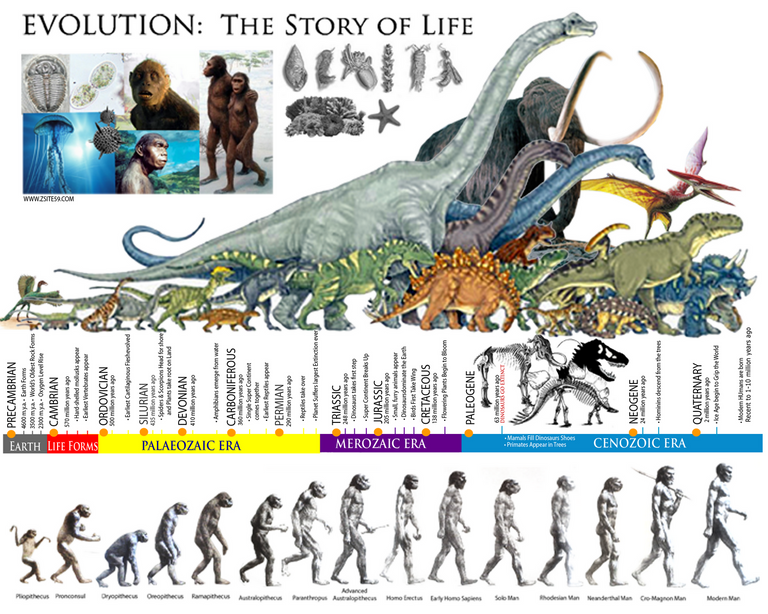
Commonly understood chart detailing human evolution.
This book speaks to the powerful impacts of environment on the development of human beings; and more specifically how environments that do not sustain and support health can have detrimental impacts to us. Many symptoms of what can be characterized by disease is believed by more and more people to be not just a reflection of "bad genes" but also of "bad environment."
The ripple effect of a poor environment on human health can be profound. The Biology of Belief is a call to arms of sorts by Dr. Lipton in his challenging us to re-examine what it means in our society to be healthy. This book lays out a clear method and rational explanation for Dr. Lipton's findings, and with the 10th anniversary issue I was able to to come across we now have a decade of research confirming Dr. Lipton's work.
Here is a quote from the book that resonated for me and reminded me of time in social work:
"Children in well-to-do families, whose parents were typically college- educated professionals, heard an average of 2,153 words an hour spoken to them. In contrast, the children of low- income families heard an average of only 616 words per hour. By their third birthday, the children in well-to-do families heard 30 MILLION MORE WORDS than economically deprived children and the amount of conversation parents had with their infants was directly proportional to IQ test scores assessed at three years of age and the performance in school of these children at ages nine and ten." The Biology of Belief, Bruce Lipton, PhD
I understood clearly in the children I had a chance to work with that in many ways their dysfunction was not of their own doing.
This world is not perfect and there are no easy solutions to fixing everyone's problems. It has taken me a long time to understand and make peace with that fact. What I have come to understand, though, is there are steps (sometimes big and sometimes small) we can each take to go a little further in our understanding of what we can do to make things better in our world.
I found The Biology of Belief to be a tad dense in terms of the scientific terminology at times (I am not biologist) but once I made it through that part of the book and was able to read about the real world implications of his work, I was hooked! Dr. Lipton also has a very engaging personality and style of writing that I found affable and lighthearted. Good read for those interested in science and specifically material related to human biology and new ways of preventing and curing health issues.
That's it for today. Thanks a bunch for reading this post. I really do encourage anyone out there to give this book a read, it is well worth the time and I plan on reading more material on this subject.

Thanks again everyone. If you liked this post give it a vote and if you are interested in more random stuff that I like to put on here please follow me. Have a great day!!
You have a minor misspelling in the following sentence:
It should be occurred instead of occured.Grrrrr! One reason I lament the blockchain, but nonetheless I accept my imperfections and move forward!! Thank you for pointing that out, means you were reading part of it at least haha. Have a great day.